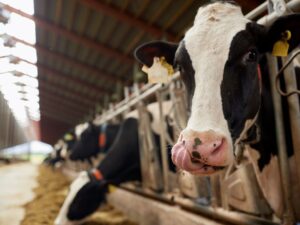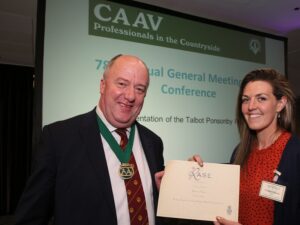Farmers stand to be hundreds of pounds worse off following the Spring Budget, with increases in National Insurance and tax on company dividends.
Although there was little of excitement in Wednesday’s Budget, it contained enough to be of concern to farming individuals, partnership and companies, warns Victoria Paley, manager at rural accountant Old Mill. “The Chancellor wants a fair, stable and competitive tax system, whereby people pay similar levels of tax, regardless of whether they are employees, self-employed or working through a limited company.”
As a result, Philip Hammond announced an increase in Class 4 National Insurance contributions (NICs), payable by the self-employed, of 1% from April 2018 and another 1% in April 2019. “Flat rate Class 2 NICs will be abolished from April 2018, meaning those with self-employed earnings of more than £16,250 will suffer a higher NIC liability,” says Miss Paley. “For example, a self-employed person with profits of £32,000 is likely to pay an additional £300, creating an NIC liability in the region of £2,600 a year.”
Another area in which there is a large gap in tax treatment is between employees and those operating via limited companies. Although the Government is trying to make the economy attractive to large companies, by cutting the Corporation Tax rate to 17% by 2020, it doesn’t want businesses to incorporate simply to take advantage of this lower tax rate.
In answer to this, it has already started to increase tax rates on dividend income, and is now lowering the tax-free dividend allowance from £5,000 to £2,000 from April 2018. “Basic rate taxpayers could therefore face an additional Income Tax liability of up to £225 a year, and further changes are likely to be in the pipeline to reduce this tax differential further.”
Although it won’t directly impact on tax paid, the move to digital quarterly income and expense reporting will increase the administrative burden on self-employed people and businesses. “Until this Budget there was uncertainty regarding which taxpayers would be caught by the Making Tax Digital reporting requirements,” says Miss Paley.
“The Chancellor has now confirmed that those with annual turnover under £10,000 will be exempt from the requirements, while sole traders and partnerships with an annual turnover below the VAT registration threshold (£85,000 from 1 April 2017) will have to comply from 6 April 2019.” Sole traders and partners with a turnover above the VAT threshold must comply by 6 April 2018, while companies have until 6 April 2020.
Other changes which come into effect from April 2017 include an increase in the tax free personal allowance, to £11,500, with a higher rate tax threshold of £45,000. Two new tax free allowances for property income and trading income of £1,000 each are also being introduced.
In addition, finance restrictions for landlords are due to be phased in from April 2017. “By 2020/21, mortgage interest will not be an allowable deduction in calculating rental profits,” says Miss Paley. “Relief will instead be given by deducting 20% of the mortgage interest from the tax liability, although this deduction will be restricted if the rental profits are lower than the interest charged.”
- For more information contact Victoria Paley on 01935 709431.






